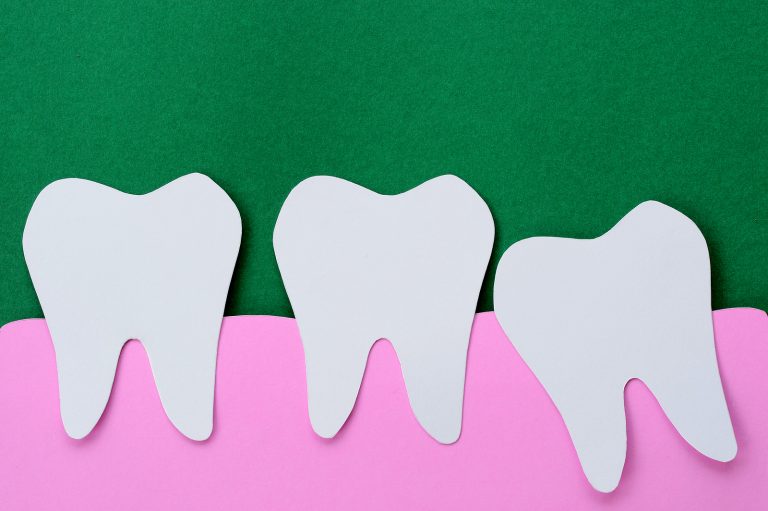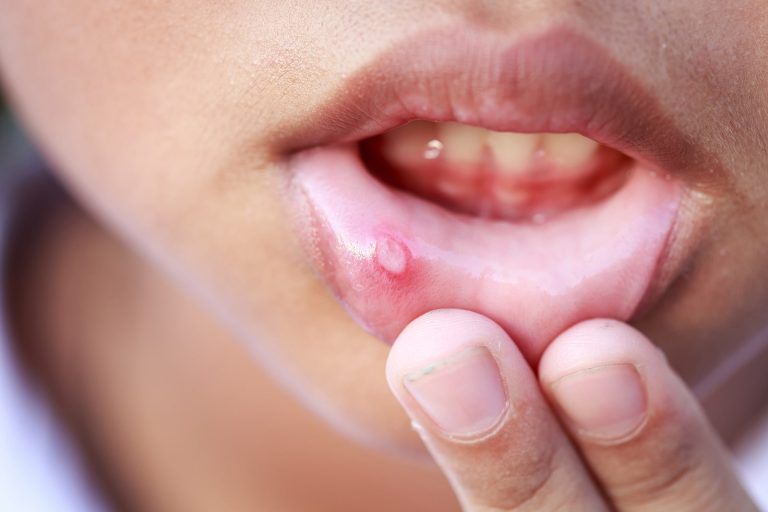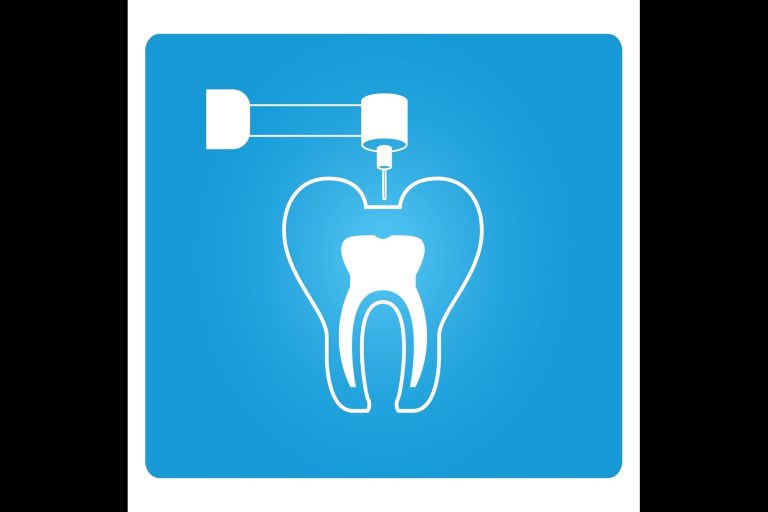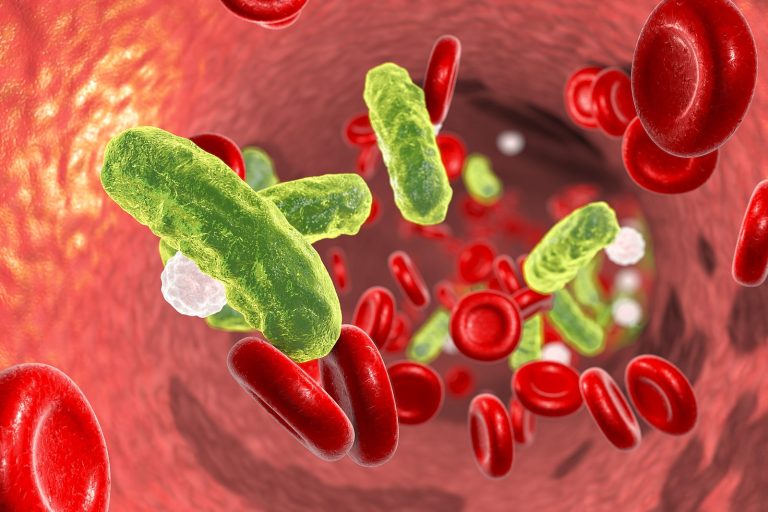In the importance of answering this question as quickly as possible, without amoxicillin antibiotics, dental treatment or a combination of both, your dental abscess will not get better, so if you are dealing with a pus-filled swelling in your mouth, get in touch as soon as possible to get the treatment you need.
The advice of the NHS is clear on this fact, and whilst it may not always feel like one, a dental abscess requires urgent treatment and can often be an emergency.
This treatment can, depending on the nature and severity of the infection, include a short course of antibiotics, a root canal, or a treatment that combines the two. In more serious cases, an infected tooth may need to be removed, but this is typically a last resort.
To understand why, it is important to know about the nature of dental infections, why they spread, why they feel like they are getting better when they are often spreading and getting worse, and why a wait-and-see attitude can not only be painful but also potentially dangerous.
Why Do Dental Abscesses Never Heal On Their Own?
What probably confuses the issue is that there is a fundamental difference between healing and “getting better”, a conflation and confusion that can cause potentially harmful delays in getting treatment for a dental abscess.
A dental abscess is an immune response, with the pus that fills it a part of your immune response. After all, pus is an accumulation of dead white blood cells combined with the dead or dying tissue killed by the infection.
This process can cause pain and swelling, but in some cases, a very minor abscess that has not progressed can sometimes drain on its own and feel better as a result.
However, the underlying source of the infection will remain and cannot really be removed by the body on its own. This means that, even if it takes a few weeks, months or even over a year, the dental abscess will come back, often in a more serious form.
Does Feeling Better Mean That The Infection Is Getting Worse?
When left untreated, a dental abscess will not get better, but a curious phenomenon is that many people will experience the sharpest point of their pain in their tooth or gums before the swelling bursts and provides a degree of relief.
As we tend to associate pain with the severity of a disease, it is easy to confuse a reduction of pain with feeling better. Often the opposite is the case, however.
Typically, there are two reasons why the pain from a dental abscess goes away; one is that the pressure caused by pus-filled swellings is relieved, often by either draining the swelling or it bursting on its own, or because the nerve in the centre of your tooth stops working.
Neither is particularly ideal, as whilst draining the swelling is one part of treatment, it needs to be done carefully and completely, often using suction to suck the pus away from the body. If the swelling bursts, it can cause the bacterial infection to spread further throughout the mouth.
Similarly, if the nerve stops working, it does not mean that the bacteria have gone away, but in fact increases the chances that it will spread and damage the tissue surrounding it.
Why Is Waiting Potentially Dangerous?
A dental abscess is one of the few conditions which can be an emergency, even with minor symptoms, because of the risk of it spreading and the fact that it will not clear up. This is why it is one of the few conditions where antibiotics continue to be a recommended treatment.
Dental abscesses will inevitably progress, but exactly how long this will take and how bad it will get depends on a huge range of factors. Some people will notice a significant facial swelling within weeks or months of noticing an abscess, whilst others will not notice a difference for years as the body struggles to contain the infection.
The longer you wait, the greater the potential complexity of treatment, as well as the particularly dangerous risk of a tooth infection spreading elsewhere in the body. A progressing abscess can lead to tooth loss or further swelling.
The potentially life-threatening infection sepsis can sometimes be caused by a bacterial infection that causes a dental abscess. It can also cause respiratory issues depending on where and how significant swelling around the lower jaw is, and can also cause a heart valve infection known as endocarditis.
The risks of waiting for an abscess to get better are significant; therefore, if you are worried that you might have one, get in touch as soon as possible.







